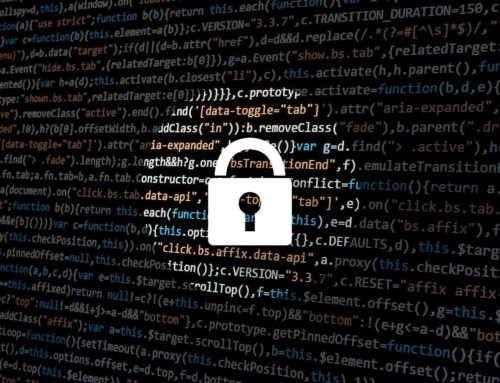Cyberattacks have been an issue since the inception of the internet, but in recent months there has been a spike in cybersecurity breaches in the form of phishing scams, ransomware, and Distributed Denial of Service (DDoS) attacks. This is in part due to the coronavirus and the spike in digital working environments.
Security breaches in companies and organizations operating online represent a serious risk to customers and companies. While some attacks target access to the client data the company holds, other attacks pose threats to the company directly in the form of ransoms.
Security software and employee training is what protects your business to keep the cybercriminals from hijacking your system. However, it’s important to adequately train your employees to recognize the signs of a scam to protect the welfare of your customers and organization.
What Is Security Awareness Training?
Security awareness training for an organization, particularly for those members operating online or in a digital environment to ensure the security of valuable information and data. The training covers all aspects of data security and is provided to employees, interns, contractors, managers, and other relevant individuals.
The nature of cybercrime is continually changing. Some years ago, identity theft was the most significant threat, but now cybercriminals can infiltrate your organizations, disable your security protocols and steal thousands of dollars worth of currency and data. Without realizing it, your employees could be the gateway to giving these criminals access, which is why it is so important they are trained and educated.
In many cases, this training is no longer an optional extra for companies and organizations. Many of them are required to comply with industry regulations that insist on specialized training. PCI (Payment Card Initiative), HIPAA (Health Insurance Portability and Accountability Act of 1996), the Sarbanes-Oxley reporting requirements, NIST, or ISO are some of the bodies responsible for delivering security awareness training to employees on a regular basis.
What Does Security Awareness Training Look Like?
While a broad-based approach to security awareness training is never a bad thing—employees and contractors can always benefit from more information on the matter—it may not always be exactly relevant to your industry and, therefore, lead to inefficiencies. There may not be a need to train customer-facing employees about digital threats, for instance.
This Security Awareness Training incorporates some key components that are relevant across the board, including: Executive Support and Planning, Campaign Support Materials, Testing, and Metrics and Reporting. Any serious security awareness program will contain these items on the curriculum, which trains them on relevant security procedures for all the company’s employees, whatever their roles.
Along with the training curriculum, there are some key strategies for developing a knowledgeable and robust workforce. These involve continual training, testing, along with Metrics and Reporting. Naturally, continual training is vital to ensure that employees are up-to-date on the latest developments and threats as cybercrime is constantly adapting.
Testing can involve simulating a phishing scam or security breach where employees are given a choice to act or not act, and the results are analyzed. In the case that the wrong choice is made, more training can be provided. Metrics and Reporting are also vital in this—your company must always monitor and optimize processes for better results.
How to Implement Security Awareness Training
Companies and organizations are all unique. Even ones that operate within the same field or industry will have processes that are unique to them. This means there are specific strengths and weaknesses within companies that must be analyzed carefully. A company’s security awareness strategy should be geared towards threat awareness, and potential pitfalls to phishing scams.
Because of variation, businesses must implement a security awareness strategy best suited to their individual needs and data. As long as the core curriculum is adhered to in the security training strategy, you can have confidence in your security training.
If you are a manager or a company executive aware of the need for security training but unsure of the technical details or best route to optimize for efficiency, consulting with an expert or implementing a suitable software solution may be the best option. It might require an upfront cost, but it will pay off long term in the form of a reliable and secure digital network. Contact us today or learn more about Security Awareness Training Services.




CONNECT WITH US!